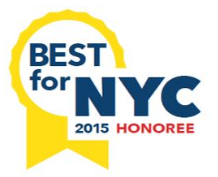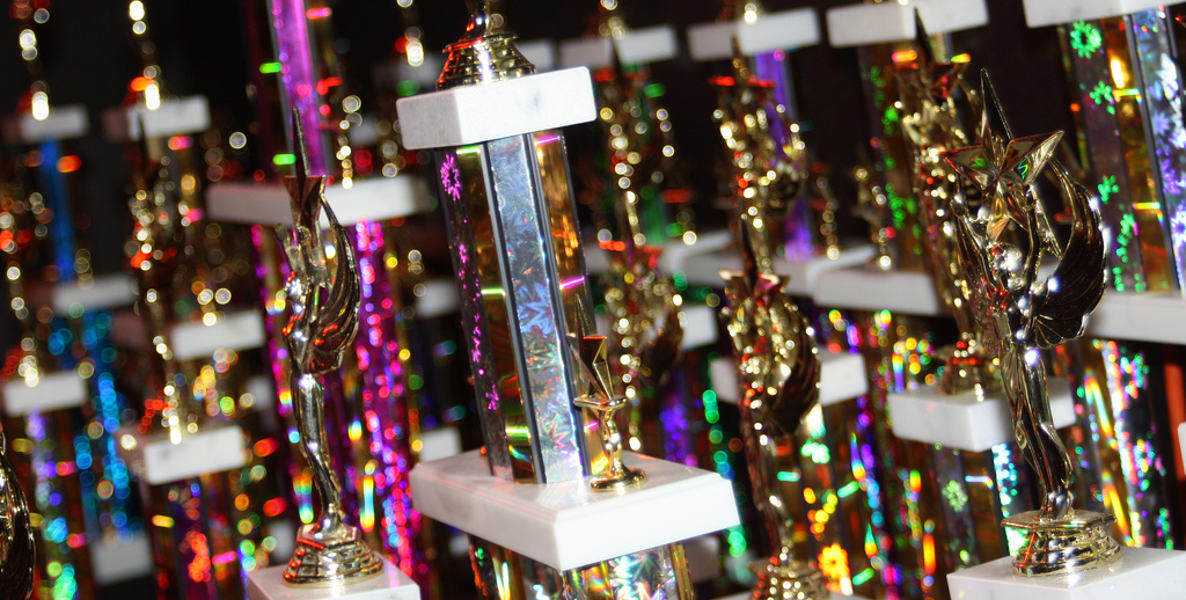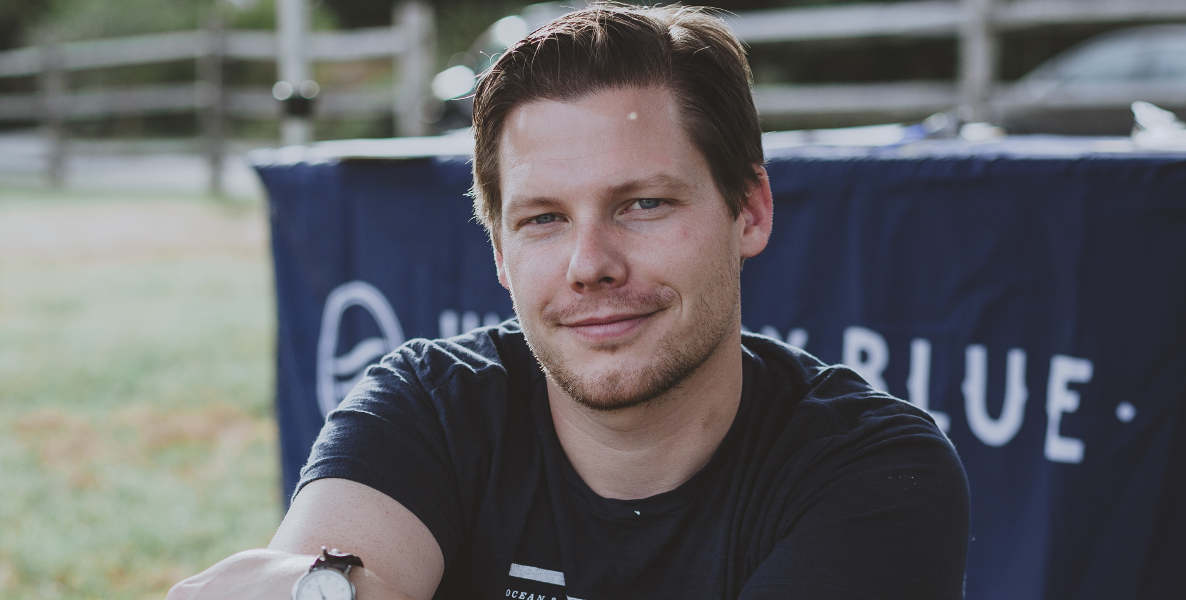The ceremony, at New York’s Academy of Sciences, in May, was not televised; there was no red carpet, and no movie stars, not much glitz or glamour. But for dozens of small businesses from boroughs all over New York City, it might as well have been a Hollywood awards ceremony—with them going home with the statue.
In fact, the companies—from well-known names like Kickstarter and Warby Parker, to virtual unknowns like the Bronx’s ESC Cabling and Staten Island’s P.A.C. Heating Inc.—were all winners, of a contest with way more social impact than the Oscars. They were the inaugural class of “Best For New York” winners, companies that took a B Lab challenge to be the businesses with the most positive impact on their workers, their community and the environment.
“Many of these were very small businesses that never get honored by anybody,” says B Lab’s Hardik Savalia. “They just run their businesses in Staten Island or wherever, and no one pays attention to what they’re doing. Here, a city official paid homage to them, they met each other, they shared ideas. It was like the Academy Awards to many of them.”
The Best For program is the newest iteration of B Lab’s mission, to change fundamentally the way businesses in America operate. Rather than a business culture solely focusing on the bottom line, B Lab hopes to shape a corporate world in which profit, environment, community and employee well-being are equally important.
Now B Lab and ImpactPHL—which officially launches today—are in plans for a Best for Philly challenge, a contest that would be open to all 400,000 companies in the greater Philadelphia area. Those companies would be asked to prove that they are in the forefront of the social impact business movement, a growing philosophy that doing well and doing good should go hand in hand, whether you are a company of thousands or a mom-and-pop corner shop.
The Best For program is the newest iteration of B Lab’s mission, to change fundamentally the way businesses in America operate. Rather than a business culture solely focusing on the bottom line, B Lab hopes to shape a corporate world in which profit, environment, community and employee well-being are equally important. As Bob Chory, of Valente Yeast Co. in Queens, put it, “If your workers are happy, your customers are happy, and if your customers are happy, you make money.” That’s what distinguishes the more than 1,800 certified B Corps, which include big names like Ben & Jerry’s and Warby Parker, and local companies like United by Blue and MilkCrate.
Savalia says the B Corp community is filled with socially-minded leaders; now, they want that social consciousness to spread even to traditional businesses, like local laundromats or HVAC companies. Eventually, Savalia says, the hope is that social impact becomes synonymous with business. “This is a generational play,” says Savalia. “It will take a long time to change behavior. It won’t happen until we intentionally invite and engage those businesses. We need to give them the tools to learn about best practices.”
B Lab piloted the Best For program in New York with the city’s Economic Development Corporation, which coordinated the contest with several other agencies, including the Small Business Services department, chambers of commerce in each of the boroughs, banks and local B Corps. Starting last fall, some 1,300 New York businesses took the basic Best For New York challenge, a series of around 30 questions about how they treat employees, affect the environment and benefit their community. The questionnaire, pulled from among 200 to 300 best practices, is like a Cliff’s Notes version of the assessment all B Corps take. It provided companies a basic score of their social impact, and ways in which they could improve. Some companies then took that information to have conversations about social impact within their management team, or with outside resources—like chambers of commerce—that could help them find a solution.
“Many companies discovered that they did not do that well,” Savalia says. “But the hope is that they came out of that thinking, ‘I’m empowered. I’m already on the path to some degree. I should keep going.’”
Around 200 companies then competed in the awards program, completing an expanded B Lab assessment; those companies were then visited by an evaluator, to review the application and supporting documentation, like payroll records. In March, the top 10 percent of companies int the contest were named the Best for New York. An additional 10 companies in each borough were named the Best for Workers, Best for Community, and Best for Environment. While several B Corps competed, and some won, the most exciting competitors were those small businesses that had been doing the right things without any special designation.
“The contest is a means to an end,” says Savalia. “Let’s say we reach 80,000 businesses in the region in the next few years. That could create a tipping point that changes the culture of business in the city.”
The Maids Cleaning Service, in Brooklyn, for example, hires workers who are disabled or were homeless before starting to work there. Two Staten Island law firms were among the top 10 best for community and workers. Family-owned plumbers and electricians, boasted benefits for employees that made them stand out. And then there’s Manhattan restaurant Amali, which opened in 2011 using sustainable materials, and serving locally-sourced, humanely-raised food. Amali also works with school students, caters non-profit fundraisers for free, and has a host of remarkable employee benefits: profit-sharing, professional development, and free overseas travel for employees as long as they bring back to the restaurant what they learned abroad. “I 100 percent believe that these business practices help the restaurant achieve success,” Managing Partner James Mallios noted in a Best for NYC profile. “They reflect my values, but if they hurt the restaurant, I would have a much more difficult time doing them.”
This, Savalia acknowledges, is the real challenge in the Best For contest (or even B Corps status). The process of learning what it takes to be a socially conscious business can be a process of discovering the ways in which a company will continue to fall short unless real changes are made. Offering a living wage to every employee, for example, can be a struggle for some small businesses; for others, the Best For process reminded them that it’s just a matter of raises for a few workers. In both cases, taking the challenge put social impact front of mind, for at least a few weeks—which is the point.
New York will hold another Best For contest this year, and B Lab is unrolling a contest in Denver, as well. Meanwhile, ImpactPHL and B Lab are working through the details of a similar program here, including how to recruit businesses—through chambers of commerce in Philadelphia and the five counties; universities and health systems, which could spread the word to their thousands of vendors; banks that offer loans to small businesses, particularly in low-income communities. Savalia says B Lab will also launch Best For in several other cities across the country, and maybe the world, in conjunction with local private or government business organizations.
The hope, year after year of running the contest, is that word spreads to more and more businesses, small and large alike, until the ideas embedded in the Best For contest hit a critical mass. That’s when real change will happen.
“The contest is a means to an end,” says Savalia. “Let’s say we reach 80,000 businesses in the region in the next few years. That could create a tipping point that changes the culture of business in the city.”






